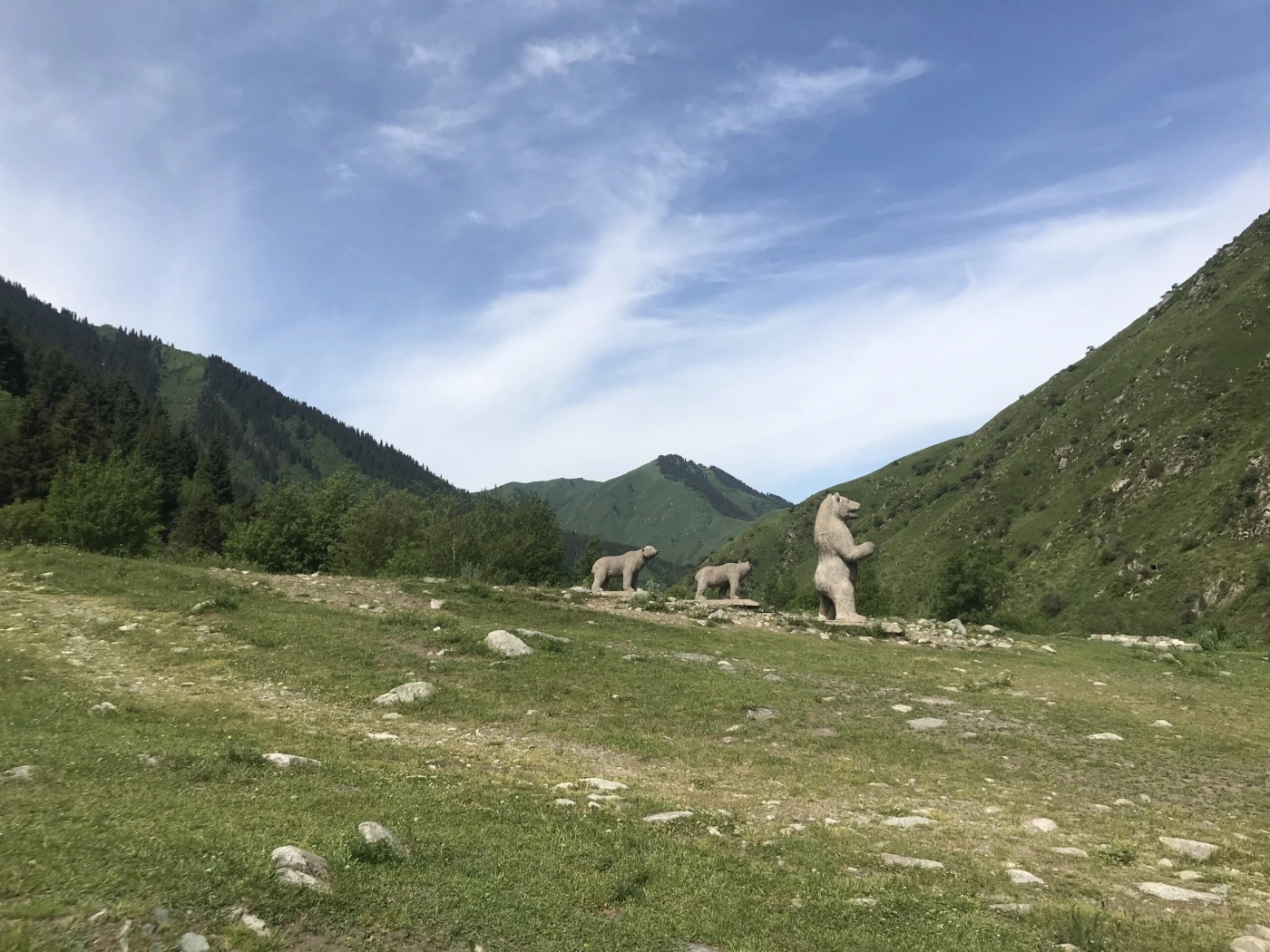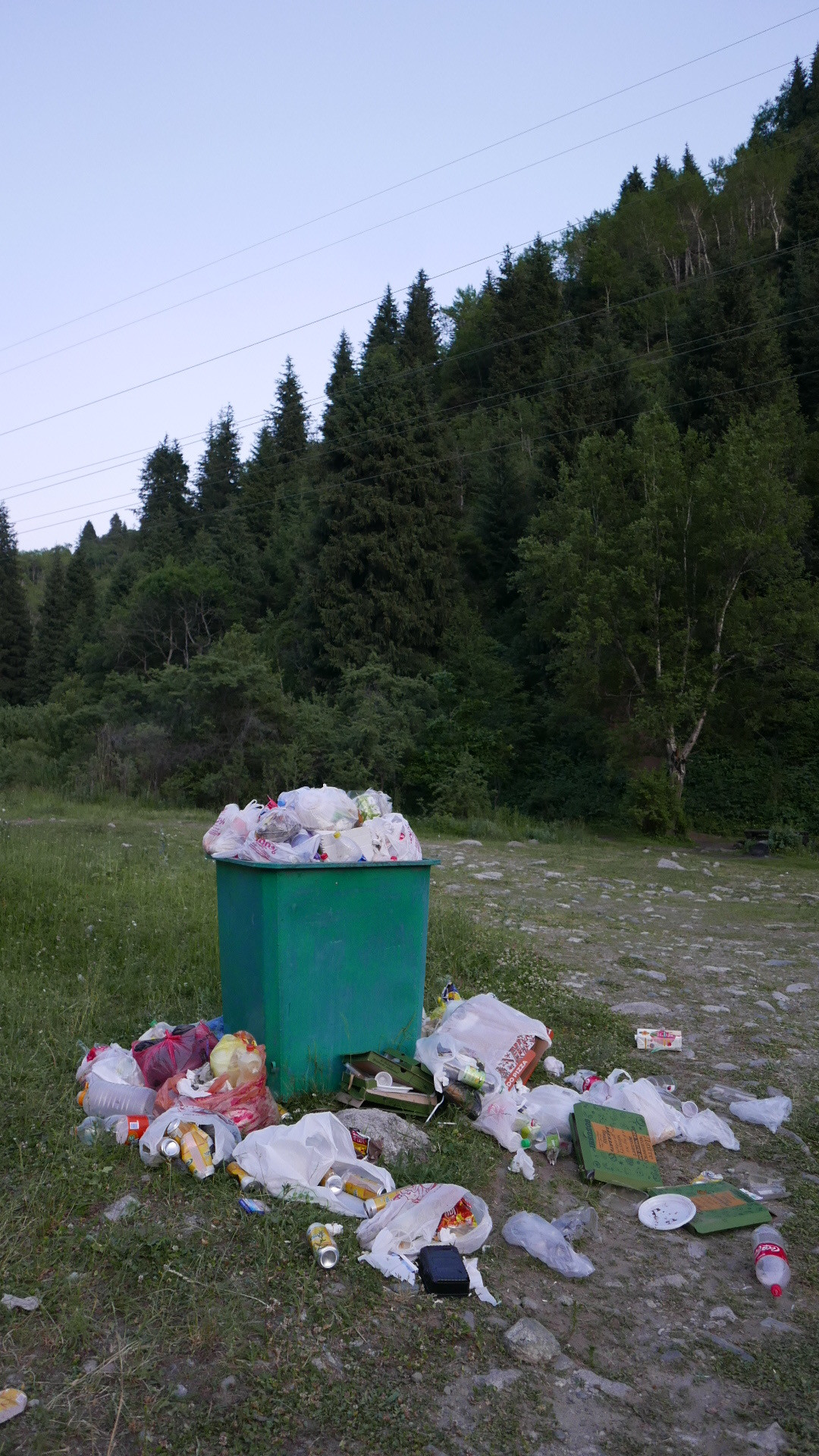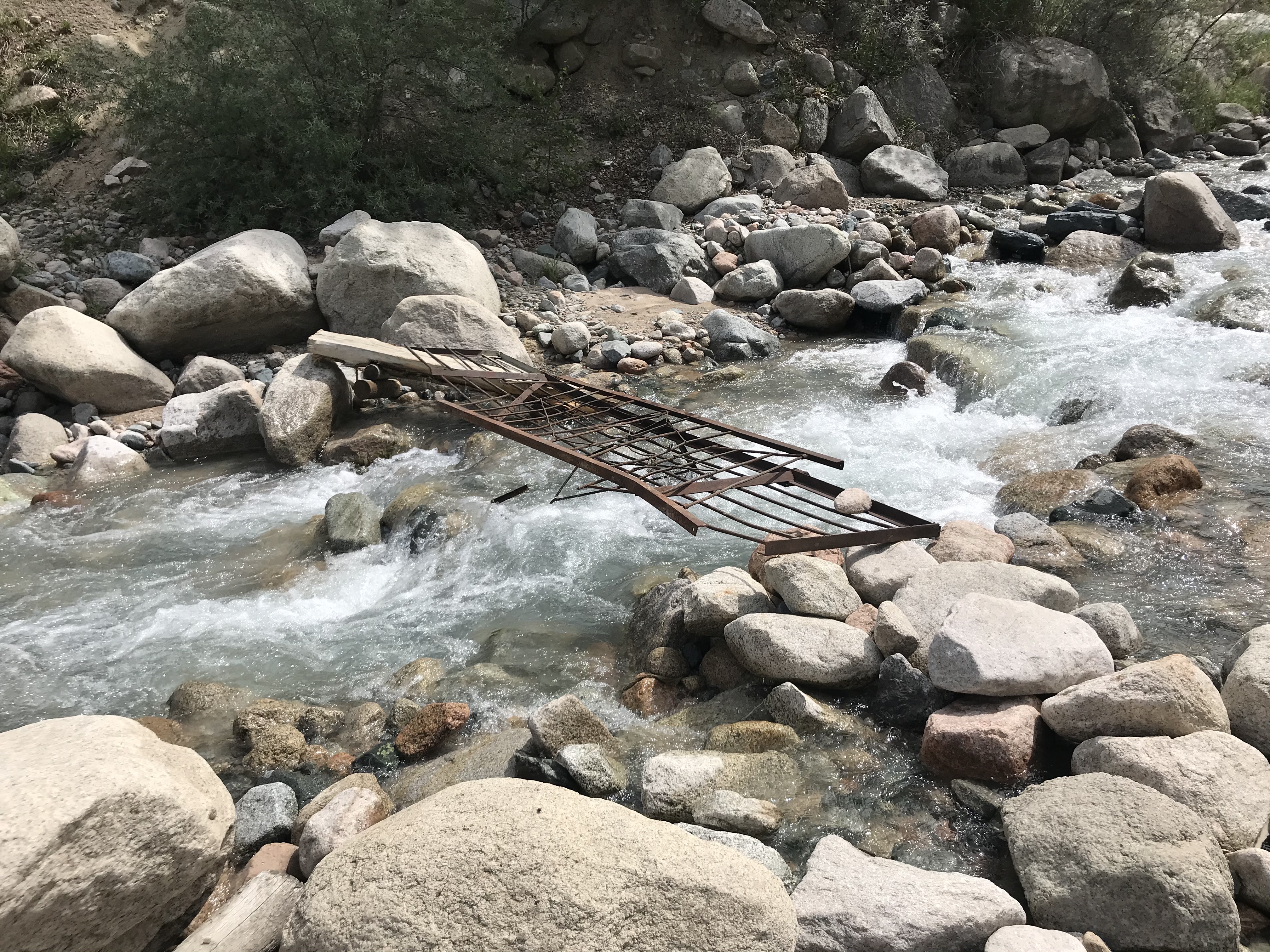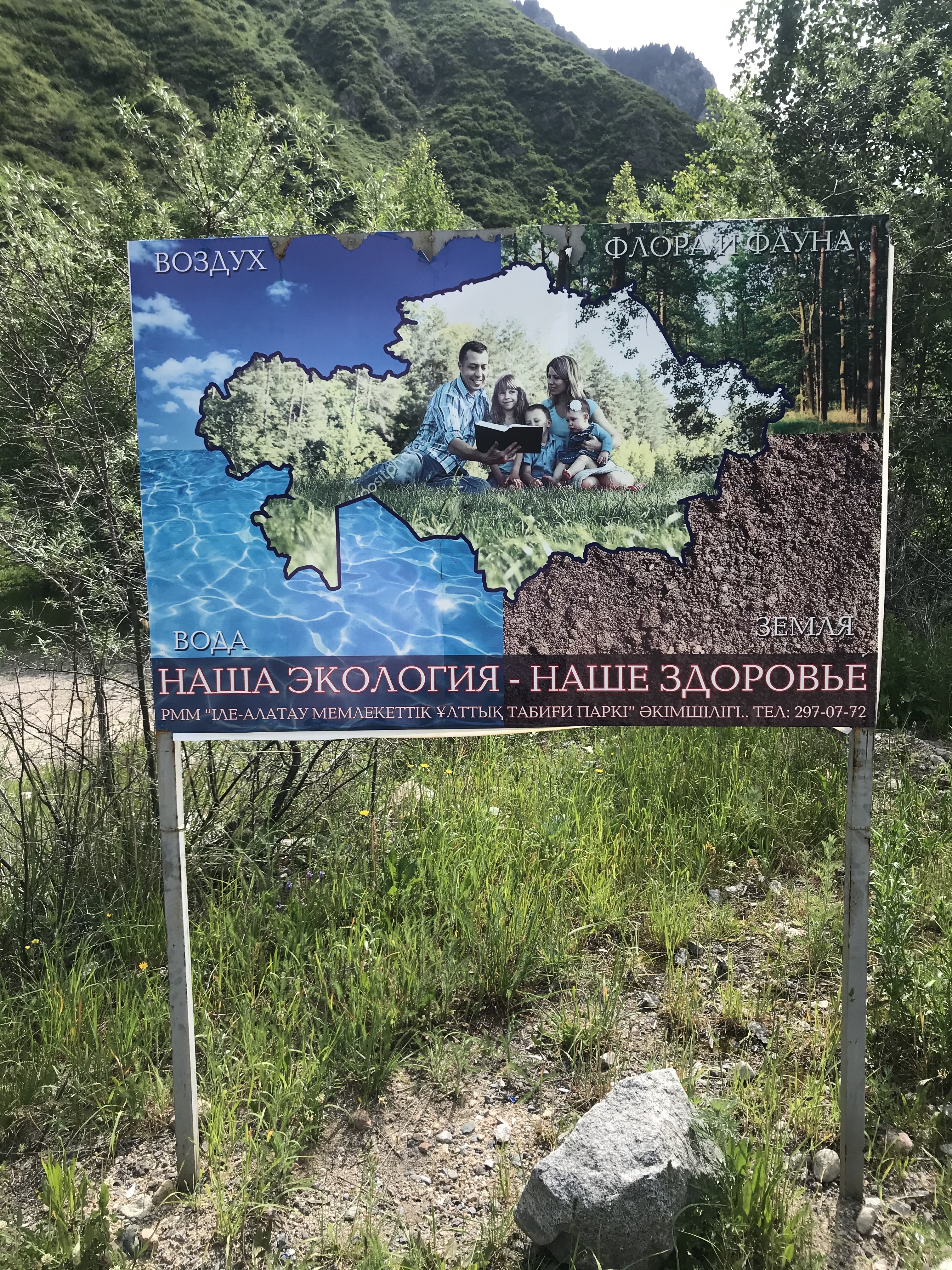
A Plea to Change: Ecotourism in Kazakhstan
«One touch of nature makes the whole world kin» —William Shakespeare.
What is ecotourism?
Founded in 1990, The International Ecotourism Society (TIES) is the largest and oldest ecotourism organization in the world. As of 2015, it defines ecotourism as «responsible travel to natural areas that conserves the environment, sustains the well—being of the local people, and involves interpretation and education». In other words, the premise of ecotourism is not simply to visit a place, but to be socially responsible and respectful about both the culture and the nature of the place.
What are the principles of ecotourism?
Intrinsically, ecotourism combines sustainable travel, conservation, and different cultures. That said, anyone who chooses to practice ecotourism must adopt certain principles. Below are some of the principles outlined by TIES:
- Minimize physical, social, behavioral, and psychological impacts.
- Build environmental and cultural awareness and respect.
- Provide positive experiences for both visitors and hosts.
Why ecotourism?
Ecotourism is a sub-component of the field of sustainable tourism. Rather than harming their temporary surroundings, sustainable tourists strive to learn about and immerse themselves in the flora, fauna, and culture that they find themselves in. This symbiotic relationship between the tourist and the environment contributes to the conservation of biodiversity through a minimal consumption of natural resources.
Beyond that, ecotourism spreads a collective sense of respect and appreciation for nature that then popularizes environmental education. In this manner, when done properly, ecotourism can not only preserve natural wonders in their full scope, but it can also build a robust groundwork for future generations.
What is the current situation in Kazakhstan?
At present, Kazakhstan’s national parks, like the Ille-Alatau National Park, are in desperate need of a central ecotourism culture. Here are some of the reasons why:
1. There is trash left behind e.g. visitors dump plastic bottles on the ground.

Image: Turanga Group
2. There is little infrastructure e.g. a minute number of adequate hiking trails or bridges.

Image: Turanga Group
3. There is a paucity in environmental education e.g. there isn’t an information desk by the entrance of a given park or signs that contain background information about a certain plant or animal species native to that park.

Image: Turanga Group
How can the situation be changed?
There is a lot that can be done to improve the prevailing situation. Perhaps, one action that can be an effective driver of change is environmental education — a concept that does not only apply to national parks at the local level. Instead, the scholarship may include things like courses about principles of ecotourism, correct mountain culture, and the importance of conservation that are a mandatory part of the school curriculum.
More to explore:
Snow Leopard of Central Asia: Mysterious Life of a National Symbol
Did Kazakhstan’s Lake Zaysan Outlive the Dinosaurs?
Covid-19 Doesn’t Have to Ruin Your Summer Vacation: Kazakhstan’s Top 10 Nature Resorts





